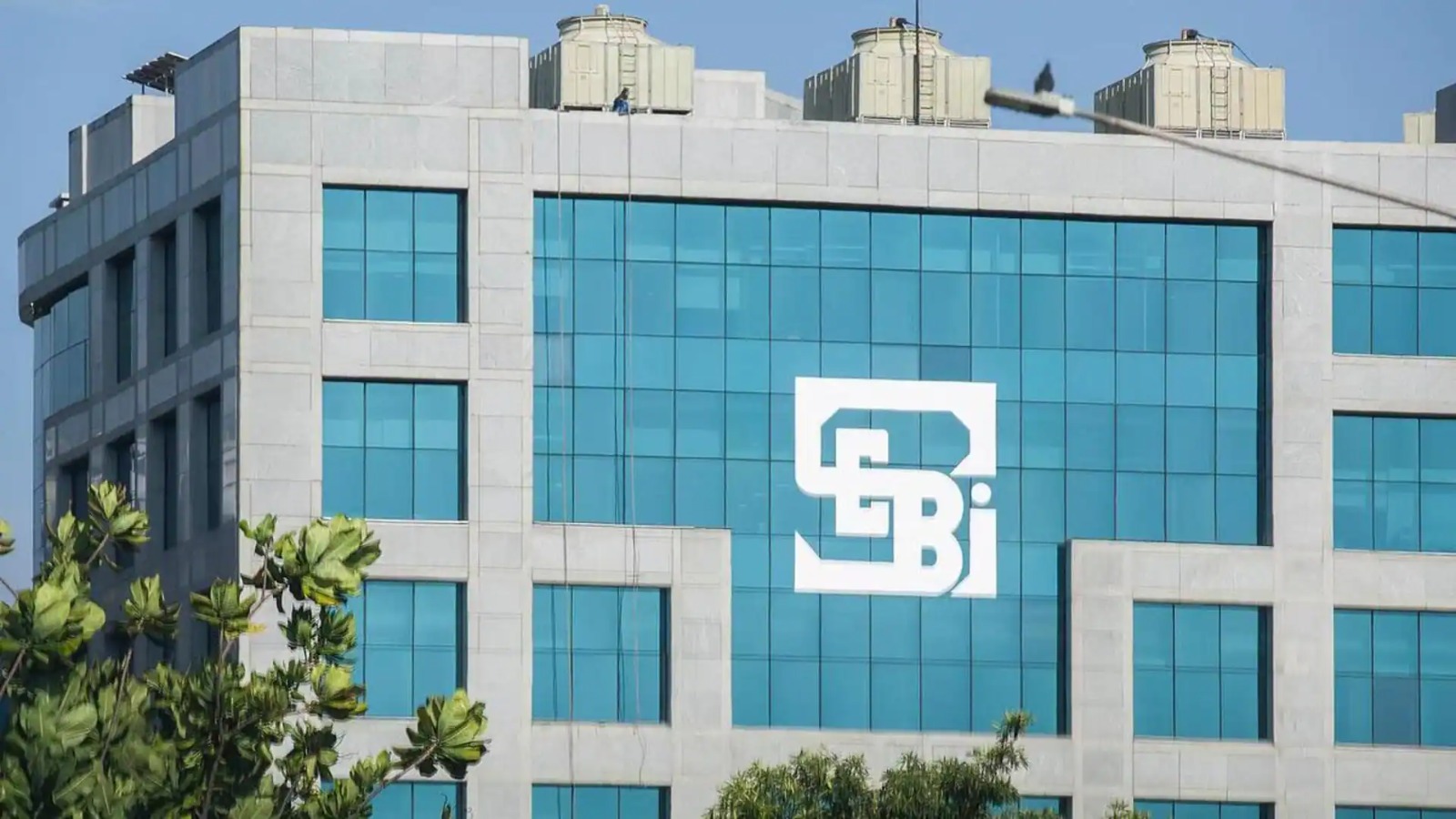Capital market regulator Securities and Exchange Board of India (SEBI) may propose major changes in the IPO process for small and medium enterprises (SME) companies. The regulator will issue a consultation paper soon. Recently, at the Morningstar Investment Conference in Mumbai, SEBI Whole-Time Member Ashwani Bhatia emphasised the importance of the SME sector in the economy but also raised concerns about the SME IPO frenzy. Bhatia said, “What we have seen is pretty disturbing.
The way retail participation is happening, the number of times IPO issues are oversubscribed, the way market making happens, the way underwriting happens and obviously we do not feel very comfortable about what is going on”. SEBI’s recent orders also indicate stock how the SME companies are being used as a conduit for stock manipulation and siphoning of funds. This is the reason, SEBI is considering overhauling the SME IPO regulations.
As per a merchant banking source aware of the development, “ The consultation paper is likely to focus on tighter entry criteria, application size, monitoring of funds and disclosure made by companies”. Due to the high exuberance created for SME IPOs and possible misuse of the route, the regulator is reviewing the whole SME IPO process.
As per one source, “SEBI’s proposal on entry criteria may focus on who can come up with SME IPO, it may set tighter norms like companies who are genuinely running a business having a verifiable track record, partnership firms/LLPs and others who convert into companies just before IPO plan, may find it difficult to get approval”. Because partnership firms don’t have a track record like companies, so there could be a cooling off period for filing of IPOs. Merchant bankers may have to do more on-ground and background checks. The net worth based fundraising can also be a consideration, as in the past companies with negative net worth have raised money and listed on huge premium at SME platform. Underwriting practices may also get overhauled. Also, there is a thinking, that SME issues of Rs 100 Cr and above should be mandatorily listed on the main board, instead of SME platforms.
The regulator may propose unified regulations across exchanges, currently, all exchanges have their own criteria of allowing companies to list on their platforms. The only common eligibility criteria is post paid-up capital should not be above Rs 25 Cr. The rest of the criteria is decided by BSE and NSE platforms on their own. Many times SME companies find regulatory arbitrage opportunities. But unified regulation may lead to a lack of differentiation in offerings on exchange platforms. Unlike main board companies, SME IPOs are cleared by exchanges and not by SEBI. To deter the retail frenzy, it is likely that SEBI may hike the minimum application size of Rs 1,00,000, so retail investors can be discouraged.
The application size of Rs 1,00,000 was fixed in the year 2012 and has not been reviewed since then. The capital market scenario has changed so much since then and more so in the last five years. Seeing the huge oversubscription, SEBI may consider reviewing it. There were SME issues where the retail quota was subscribed more than 1000 times. This year, HOAC Foods India Limited Issue was over-subscribed by 2013 times. Similarly, Kay Cee Energy & infra issue subscribed to 1052 times. Over-subscription numbers just show the level of interest of investors, it does not mean that the company has actually received the money from investors.











